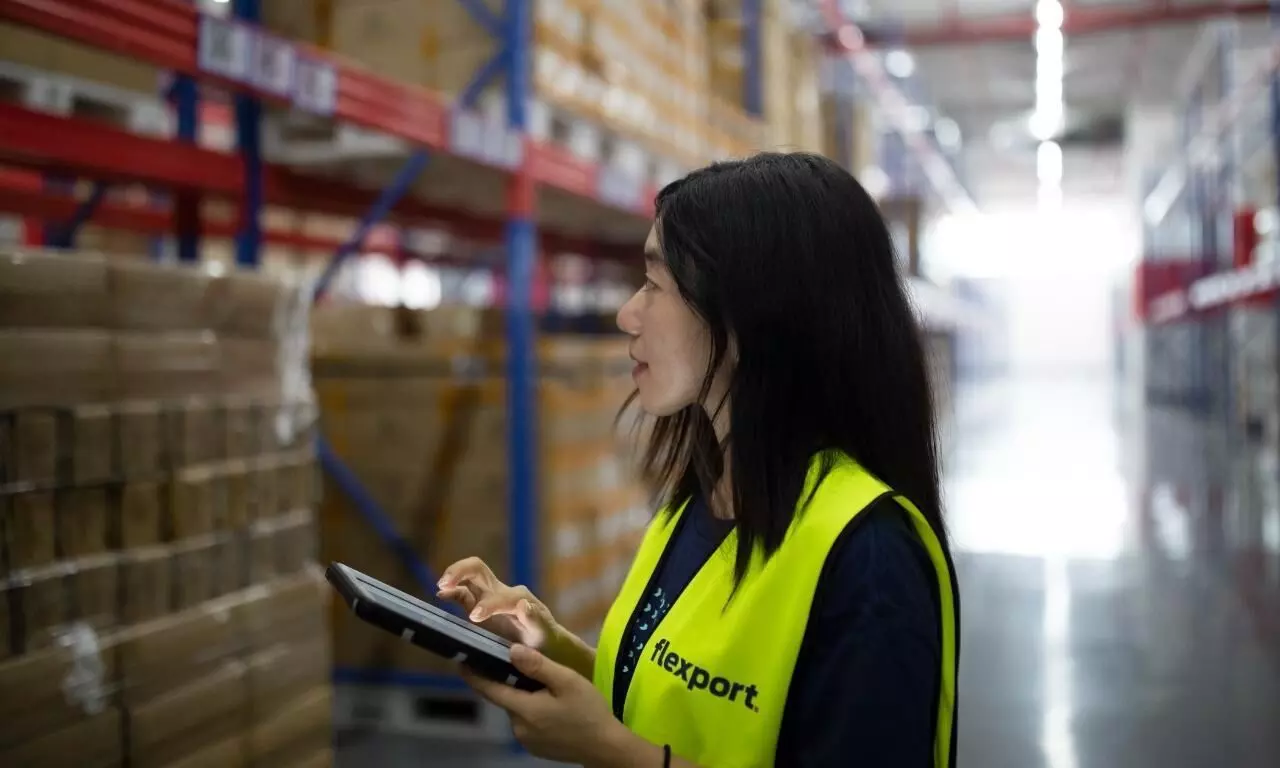
"Return to normal unlikely for supply chain in near future"
Lockdowns in Shanghai & supply chain congestion stark reminder that we’re not out of the woods yet: Neel Jones Shah

With the pandemic and ensuing supply chain disruptions affecting all industries, inventory management has changed from the famed Just In Time (JIT) to a new idea of Just In Case (JIC) to cope with different challenges. "With unreliable transit times and no reprieve in air or ocean freight in sight, it's hard to believe companies will return to a true JIT model, and may have to resort to carrying more inventory to protect their production goals," says Neel Jones Shah, Executive Vice President and Global Head, Airfreight, Flexport, in an e-mail interaction. Edited Excerpts:
Is Just In Time as a concept dead due to the pandemic and the supply chain disruptions?
Whether or not just-in-time (JIT) inventory management remains viable really depends on the industry and a company's risk tolerance. Pre-Covid, for example, the auto sector operated almost entirely on JIT and it's been one of the hardest hit; from semiconductor shortages to lack of components, manufacturing snarls resulted in inflated used car prices and months-long wait times for new cars.
JIT makes sense if you're confident the raw materials and required manufacturing components for your products will arrive on time and in the quantity you need. Covid decimated both of those assumptions. According to Flexport's Timeliness Indicators, ocean freight transit times on the Trans-Pacific Eastbound (TPEB) are about 112 days (less than 60 in April 2019), and 11.4 days for air freight (compared to six days in April 2019).
With unreliable transit times and no reprieve in air or ocean freight in sight, it's hard to believe companies will return to a true JIT model, and may have to resort to carrying more inventory to protect their production goals.
Is Just In Case the name of the game now for industries to handle supply chain uncertainties?
Just-in-case (JIC) inventory management is one way to approach uncertainties but that's not a long-term or sustainable solution for many companies, especially small-to-medium businesses (SMBs).
SMBs are already sensitive to working capital constraints as they have less cash for manufacturing, securing product, cost of shipping etc. Holding inventory for undetermined amounts of time would only increase working capital needs and suffocate SMB growth. Meanwhile, a large enterprise will have more cash on the balance sheet and be better equipped to manage JIC.
I don't believe there will be a "return to normal" in global supply chains for the foreseeable future, meaning the same reliance on JIT. Companies will be forced to carry more inventory on hand but also to prioritise building smarter, more efficient and resilient supply chains. That requires a few things including stock keeping unit (SKU)-level visibility from purchase order (PO) inception to final delivery to better plan around goods in-transit, consumer demand data to better manage inventory, and SKU-level landed cost calculations to determine how much working capital you have (and may need).
How important do you think air cargo is to meet the demand for Just In Case inventory management?
Air freight has always been a critical mode for industries reliant on JIT, including automotive and pharmaceuticals. As JIC inventory management becomes more prevalent, we'll see air freight become a must-have component of modal mixes versus an expensive, quick fix for critical shipments.
The lockdowns in Shanghai and subsequent supply chain congestion is a stark reminder that we're not out of the woods yet; Covid-induced disruptions remain and will for the foreseeable future. To remain resilient, companies must better forecast and diversify risk, which includes dependable, fast transportation methods: airfreight.
Do you see a new normal in the supply chain soon? Or how far out is it according to you?
In air freight, there will likely never be a "return to normal." Remember that nearly 50 percent of global capacity flies in the bellies of passenger jets. According to Boston Consulting Group, an estimated 25 percent of international business travel will never return, which could permanently remove available capacity from the market.
There is, however, hope on the horizon. The International Air Transport Association (IATA) estimates that international travel will reach 69 percent of pre-Covid levels in 2022, 82 percent in 2023, 92 percent in 2024 and 101 percent in 2025. This will slowly bring capacity back online even if international business travel never rebounds to pre-Covid levels.
Have you seen any change in pattern among clients - electronics, autos, auto components - in terms of increased volume, faster turnarounds?Industries such as electronics, automotive, retail etc. have always been reliant on air freight and have continued to do so throughout Covid. What we're seeing now is that many of these industries are near or on-shoring their component manufacturing.
This trend will likely continue as, most simply, regionalisation of manufacturing and diversification of suppliers are core risk mitigation techniques for any smart supply chain leader.

